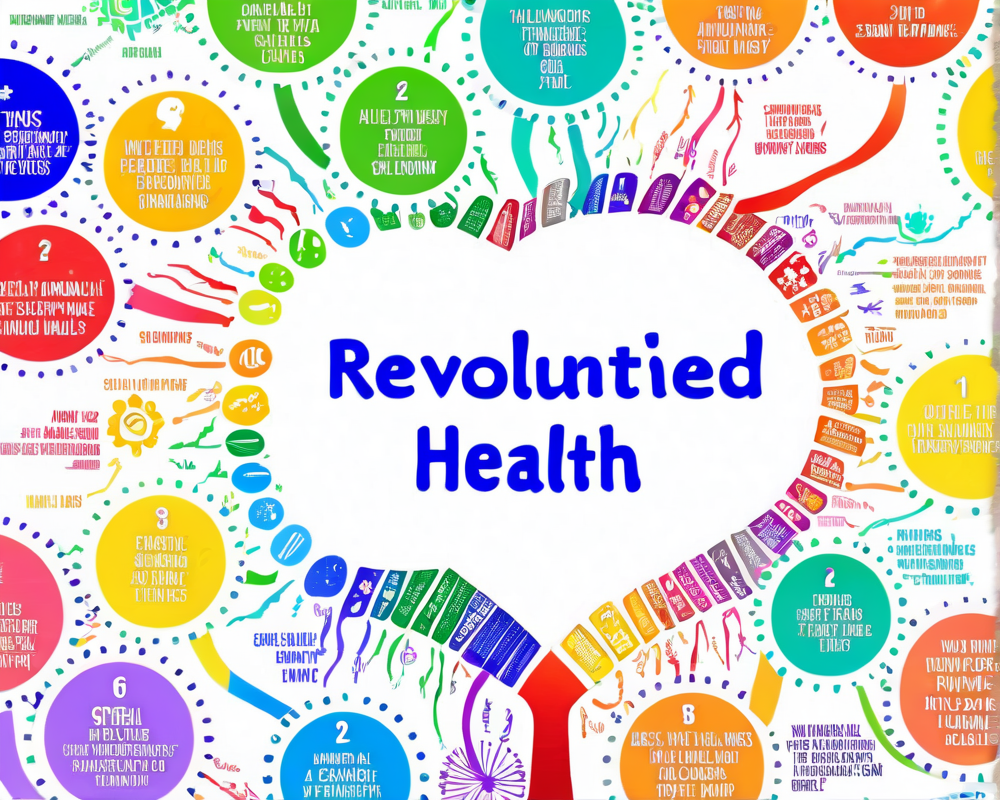The Looming Crisis in Mental Health Services
As the world grapples with an increasing demand for mental health professionals, experts are raising alarms about a potential shortage. A staggering 61% of psychiatrists in the U.S. are approaching retirement age, leading to the possibility of a mental health service drought by 2025. Navigating the rocky waters of mental health care requires innovative solutions, and decentralized systems might just be the lifesaver we’re looking for.
Enter Decentralization: A Fresh Approach
According to Johannes Thrul, a professor from John Hopkins University, decentralized models can mimic the structure of decentralized autonomous organizations (DAOs) to redefine mental health support. By harnessing the power of peers—those with lived experiences—this innovative approach could provide a plethora of support services, making mental health care more accessible and responsive.
The Role of Peer Support
Thrul’s recent academic exploration into “Web3 and digital mental health” emphasizes the need for a decentralized peer support network. This network would allow individuals who have navigated their own mental health journeys to assist others, creating a robust community based on shared experiences:
- Individuals contribute their insights and skills
- Support is tailored to the unique needs of community members
- A sense of belonging and mutual empowerment is fostered
Crypto Tokens: Rewarding Positive Contributions
In a truly groundbreaking twist, Thrul proposes a crypto token system to incentivize positive contributions within the community. Here’s how it would work:
- Members receive tokens for helping others through peer support.
- Tokens can be used for resources or benefits within the mental health ecosystem.
- This system not only encourages participation, but also empowers individuals navigating their mental health challenges.
Flexibility Unleashed: The Future of Mental Health Care
Fellow researcher Luke Kalb underscores that a decentralized solution offers flexibility and creativity in tackling mental health issues. This model could enable:
- Community-specific strategies for mental health challenges
- Creative solutions that adapt to varying needs
- A robust network of support that transcends geographical limitations
A Supplement, Not a Substitute
While this system shows promise, experts agree it should complement, not replace, traditional mental health services. Thrul acknowledges that just as governments swiftly adapted to remote health care during the pandemic, this decentralized model should integrate with standard practices to enhance overall mental health care.
The Call to Action
Though the professors’ research is still in its infancy, the potential for decentralized mental health services is vast. Thrul candidly notes the challenges in finding technical partnerships to build this vision, but he also emphasizes the need for collaboration. It’s a rallying cry for mental health advocates, professionals, and tech enthusiasts to join forces:
“Let’s read, rally, and reach out!”



